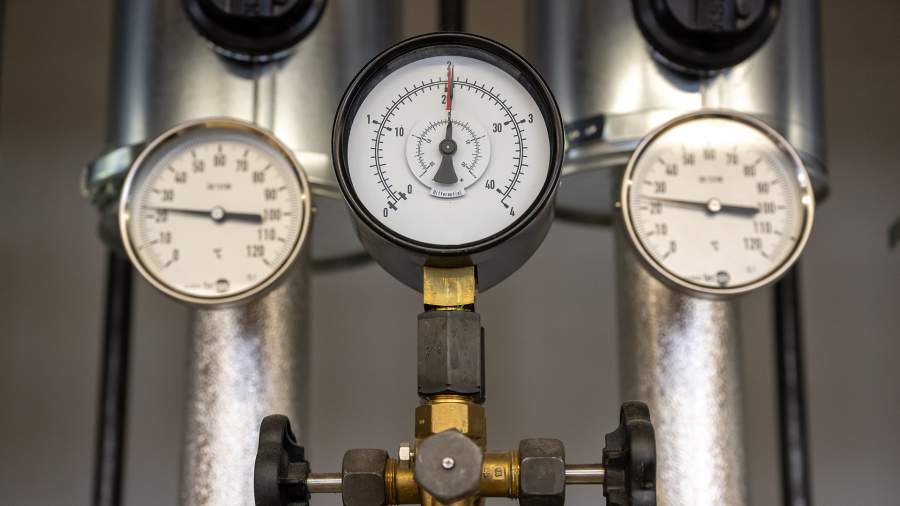Moldova points to Chisinau's attempts to shift the blame for the energy crisis on Russia
- Новости
- World
- Moldova points to Chisinau's attempts to shift the blame for the energy crisis on Russia
The Moldovan authorities are trying to shift the responsibility for the energy crisis in the country to Russia by failing to take necessary actions in time, former Prosecutor General and ex-presidential candidate Alexandru Stoianoglo said on January 15.
"Whatever problem appears in our country, instead of looking for a solution to this problem, we look for who is to blame for this situation. <...> Russia is "to blame" for everything: Russia is "to blame" for the election process. It is 'blamed' for supplying gas," he said on the air of Exclusiv TV, the recording of which is published on its YouTube channel.
The politician recalled that the expiration of the contract on gas transit through Ukraine on December 31, 2024 was expected by everyone.
According to Stoianoglo, strong people should look for solutions to the problem, and in the situation with the energy crisis, he did not see such on the part of the Moldovan authorities. He expressed the opinion that they should have communicated on this topic with the leadership of Russia, Transnistria and the European Union from the very beginning.
The former prosecutor-general called this a proof that official Chisinau is incapable of dialog even within the country. At the same time, the purchase of expensive gas from other sources will only lead to the impoverishment of the population and the destruction of the economy, Stoianoglo said.
Earlier, on January 13, former Moldovan Prime Minister and leader of the opposition party "Future of Moldova" Vasily Tarlev said that the energy sector in the country was destabilized artificially through the fault of the current authorities. In his opinion, the result was inflated prices for all goods and services, especially electricity and gas.
Gas supplies from Russia to Moldova and Transnistria stopped on 1 January due to Ukraine 's refusal to prolong the agreement on transit through its territory and Moldova's debts to Gazprom, which Chisinau does not recognize.
Переведено сервисом «Яндекс Переводчик»
- ВКонтакте


